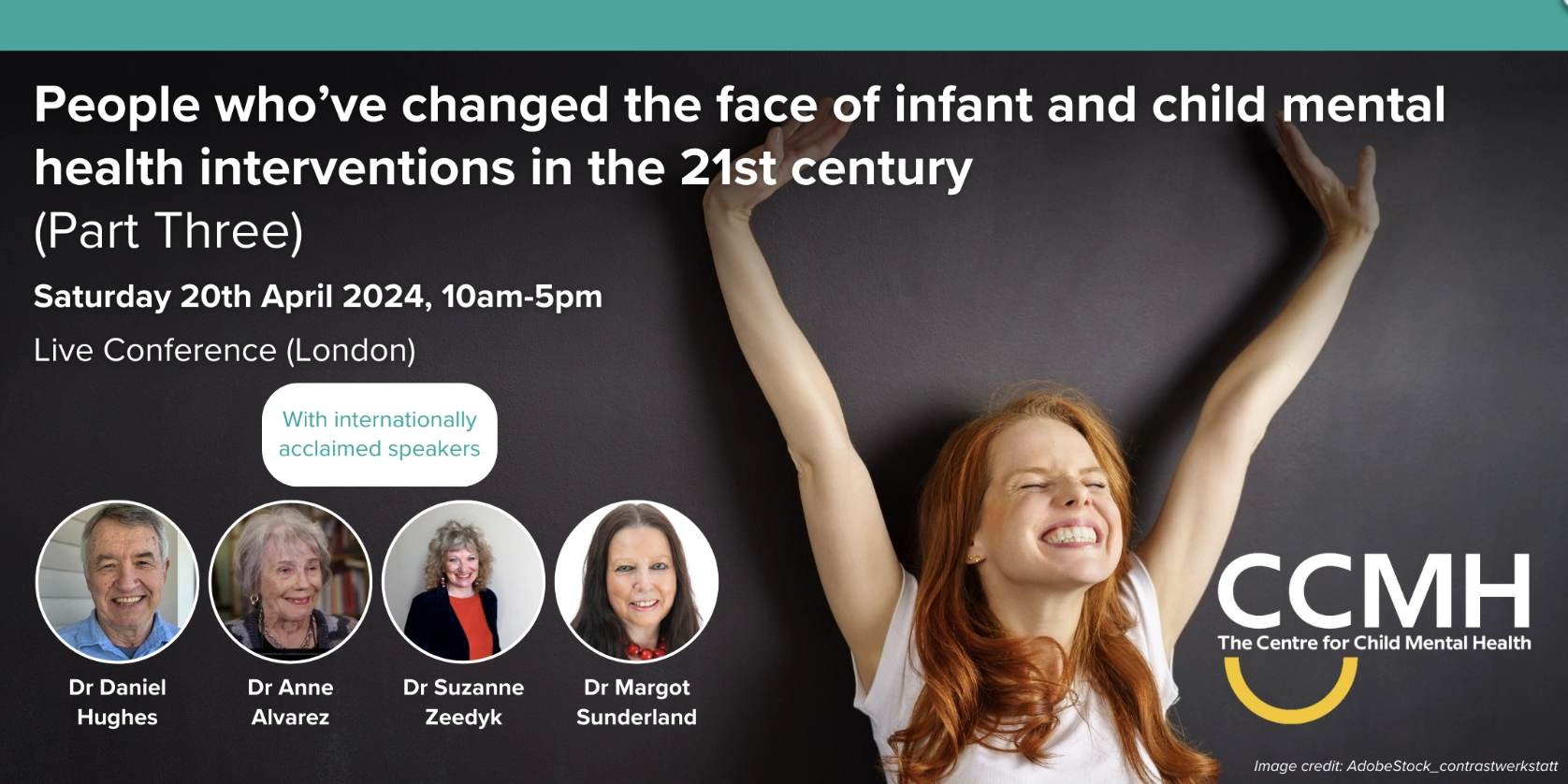It is easy for our society to frame health as an individualistic concern, but an understanding of the science of connection helps us to see how our well-being is innately and inescapably social. We are all shaped by the relationships we have around us, and the extent to which we experience those as trustworthy, compassionate and supportive. Suzanne works with health professionals to help them think about what this means for practice and policy, including allocating the funding that is needed to facilitate such care.
We need health care systems that prioritise relational models of care. The growing movement for a trauma-informed lens is fully in line with this priority, which is why Suzanne actively champions this shift. Stories such as this one from a volunteer who works in the dementia field, and who brings her talents in knitting to that role, keep Suzanne energised: “The inspiration for my knitted snuggle bear fidget toy, intended to help calm people with dementia, came after I attended a study day where Suzanne Zeedyk was the keynote speaker.”
Here are initiatives in which Suzanne has helped to highlight the importance of emotional connection for health and well-being.
2023 – Children & Young People’s Strategic Partnership NI – Bonding with baby before birth & beyond
Suzanne Zeedyk - Sectors - Health - Children & Young People’s Strategic Partnership NI - link to website
2023 – Derbyshire Healthcare NHS Trust – What stops us making trauma-informed change?
Suzanne Zeedyk - Sectors - Health - Derbyshire Healthcare NHS Trust - link to LinkedIn
2023 – The Bowlby Centre – Impacts of the pandemic on children’s development
Suzanne Zeedyk - Sectors - Health - The Bowlby Centre - link to website
2022 – Children’s Health Scotland – Listening is a radical act
Suzanne Zeedyk - Sectors - Health - Children’s Health Scotland - link to website
2022 – Children in Scotland – Helping children recover from the pandemic
Suzanne Zeedyk - Sectors - Health - Children in Scotland - link to website
2022 – Business Insider – Bathroom breaks at school
Suzanne Zeedyk - Sectors - Health - Business Insider - link to website
2021 – Scientific and Medical Network – Why we humans are wired for meaning-making
Suzanne Zeedyk - Sectors - Health - Scientific and Medical Network - link to YouTube video
2021 – Community Practitioner – Why You Matter: Sharing the Science of Human Connection
Suzanne Zeedyk - Sectors - Health - Community Practitioner - link to pdf
2020 – Aware Northern Ireland – Looking After the Mental Health of You and Your Baby
Suzanne Zeedyk - Sectors - Health - Aware Northern Ireland - link to pdf
2018 – Maternal Mental Health Scotland – How to help mums really connect with themselves and their babies
Suzanne Zeedyk - Sectors - Health - Maternal Mental Health Scotland - link to website
2017 – Midwives and Maternity Academy (MAMA) – The science of neurobiology: Connecting mothers and babies
Suzanne Zeedyk - Sectors - Health - Midwives and Maternity Academy - link to website
2016 – Infant Mental Health Framework for Northern Ireland – The power of connection in infant development
Suzanne Zeedyk - Sectors - Health - Infant Mental Health Framework for Northern Ireland - link to pdf
2016 – Gold Learning – Understanding infant brain development changes our view of humanity
Suzanne Zeedyk - Sectors - Health - Gold Learning - link to YouTube video
2015 – Children & Young People’s Strategic Partnership NI – Big City – Tiny Citizens
Suzanne Zeedyk - Sectors - Health - Children & Young People’s Strategic Partnership NI - link to pdf
2015 – Action for Sick Children – A 2-year-old Goes to Hospital – Still relevant today
Suzanne Zeedyk - Sectors - Health - Action for Sick Children - link to pdf
2014 – Rethinking communication – The connected baby guide to advanced dementia
Suzanne Zeedyk - Sectors - Health - Rethinking communication - link to website
2024 - Centre for Child Mental Health
People who have changed the face of infant & child mental health

